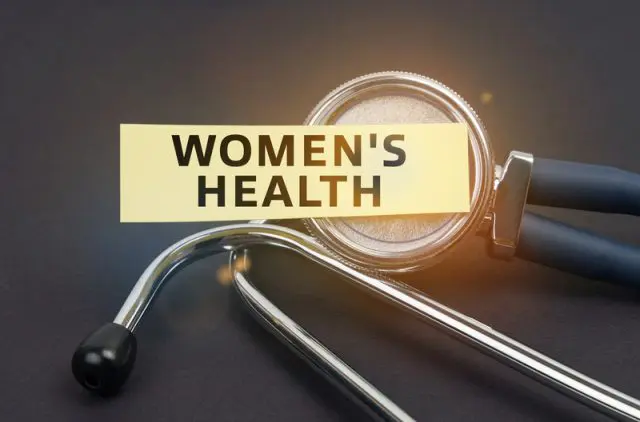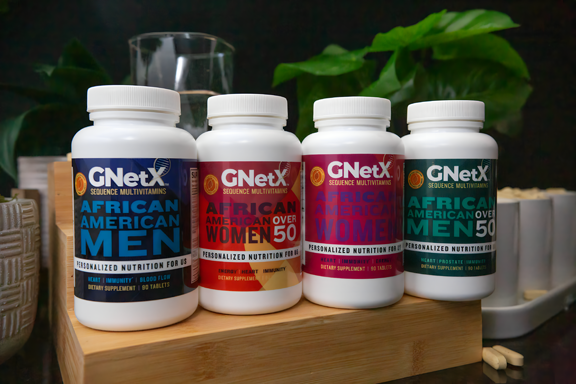Topic: Cultural Competence
AFRICAN AMERICANS FEAR MEDICATION SIDE EFFECTS
AFRICAN AMERICANS FEAR MEDICATION SIDE EFFECTS I had a patient come with a number of complaints related to joint pain. His chronic pain was causing him anxiety about his quality of life, and all of these concerns made him feel…

Calcium Causes More Advanced Cancer in Black Men
Calcium and Prostate Cancer A number of studies have found that higher calcium intake was associated with an increased risk of advanced prostate cancer, specifically in Black men. Black men who consumed more milk and dairy products tended to have…

HbA1c Diabetes Test is Inaccurate in African Americans
If you have diabetes, there is no question your doctor has measured your hemeglobin-a-1-c (HbA1c). The HbA1c measures the average blood sugar level over the past three months. It provides valuable information about long-term blood sugar control and helps healthcare…

G6PD Deficiency and African Americans
What is G6PD Deficiency? I had a patient come in recently and report to me that he had G6PD deficiency and wondered what adjustments he needed to make in his life. I was initially surprised and a little bewildered because…

Preventing Breast Cancer in Black Women
Getting Breast Cancer Less, But Dying From it More Black women get breast cancer less often than White women yet they die from breast cancer at a much higher rate. How is that? They get breast cancer less, but die…

Colon Cancer in African Americans
Colon cancer has been called “the disease no one has to die from,” but African Americans continue to have the highest occurrence and the highest death rate compared to other racial/ethnic groups. Studies show that a Black man is 24 percent…

Elevated “CK” or Creatine Kinase Level? In African Americans, This May NOT be a Problem
Creatine kinase (CK) is a chemical/enzyme that exists in human muscle cells, heart cells, and also small amounts can be found in brain cells. Body cells can release creatine kinase (CK) into your bloodstream when they’re damaged or related to…

The Best Multivitamins for African Americans
Which multivitamin should I take? As a physician, I get this question multiple times a day, every day. And the answer would frequently depend on who was asking. Are they younger or older? Male or female? How is their diet? …

Diet Differences in African Americans
There are a number of important diet differences in African Americans that need to be considered prior to offering advice regarding improvements or adjustments. To tell someone to "eat better" without first knowing their current diet is a waste of…

Heavy Smokers at Higher Risk for Diabetes
African American smokers have a higher risk for diabetes A large study consisting of over five thousand African Americans found that those African Americans who smoke more than a pack of cigarettes in a day were at increased diabetes risk. …









